Macquarie Puts Corio Generation Sale on Hold Amid Global Tariff Turmoil
Australian financial giant Macquarie has decided to pause the sale of Corio Generation, one of the world’s largest offshore wind farm developers. This decision comes as interest from potential buyers dwindles, partly due to the negative stance towards renewable energy shown by former President Trump’s administration.
Impact of the Tariff War on Wind Energy Interest
The global tariff war has significantly affected the investment climate, bringing uncertainties to the market. Last year, Macquarie hired consultants to seek interested buyers for Corio Generation. The company manages an extensive portfolio of offshore wind projects with a total capacity of 25 GW worldwide. However, emerging economic and political changes have led to a notable lack of interest from investors.
Macquarie's Decision and Its Market Impact
1. Cancellation of Sale: The decision to cancel the sale followed an analysis of the market situation, revealing low demand amid global economic challenges.
2. Market Uncertainty: Global trade tensions and increased tariffs have led to rising production costs and slowed investment in new renewable energy projects.
3. Policy’s Negative Impact: The Trump administration’s criticism of renewable energy created further hurdles for long-term sector investments.
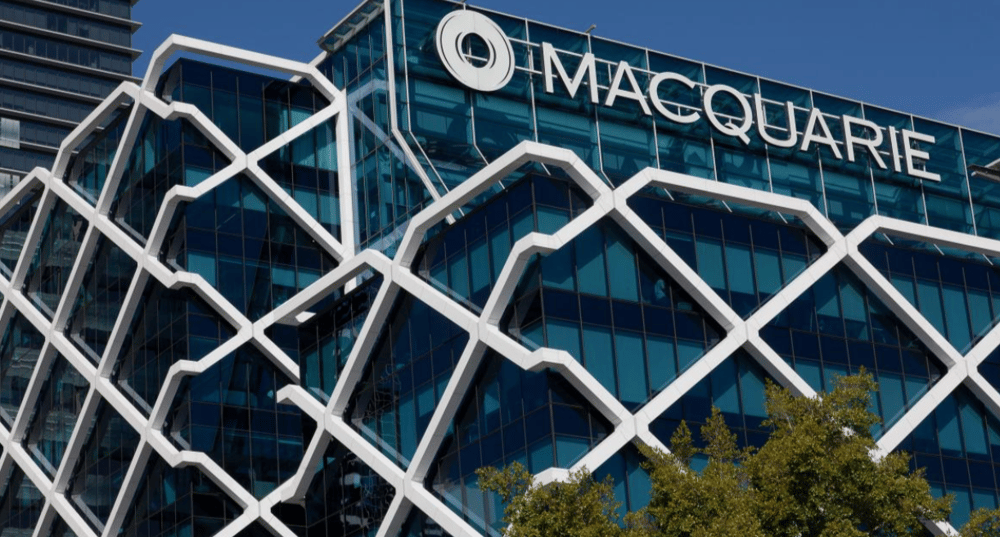
Opportunities for Renewable Energy
Despite temporary challenges, the wind energy industry remains crucial for the global transition to sustainable energy sources.
- Technological Advancements: There is ongoing optimization of technologies to reduce energy costs and enhance the overall production capacity of installations.
- Alternative Markets: With the shifting political climate, companies might start focusing on more favorable regions for new project development.
Significance of Macquarie's Decision for Future Development
Registered in the UK, Corio Generation is a key player in offshore wind energy. Its current portfolio includes projects across Europe, the Asia-Pacific region, and both Americas. By not rushing the sale, the company can focus on internal improvements and adapt to evolving market conditions.
As the importance of green technologies grows and the political-economic landscape changes, companies in the renewable energy sector must remain agile and innovative to navigate emerging challenges successfully.


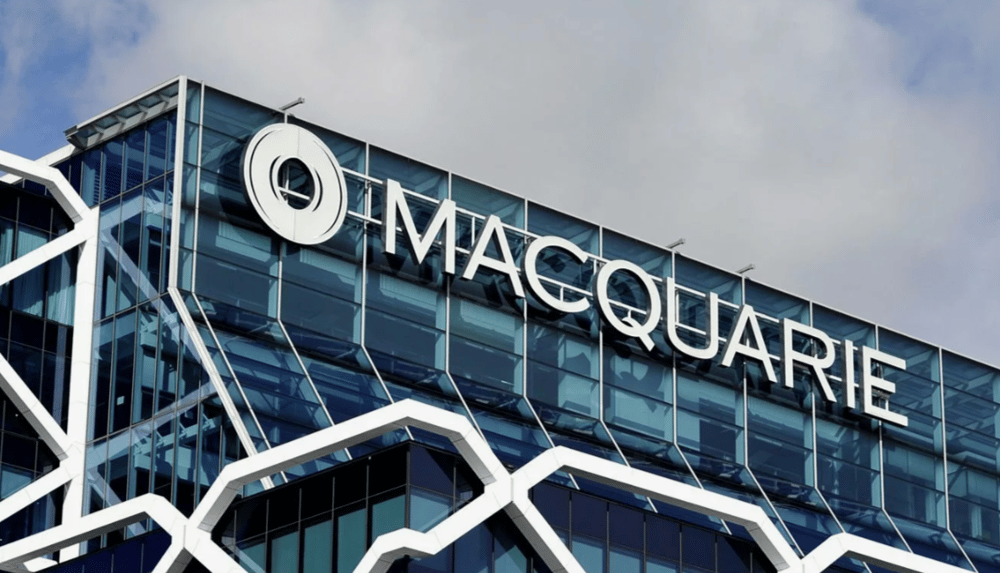

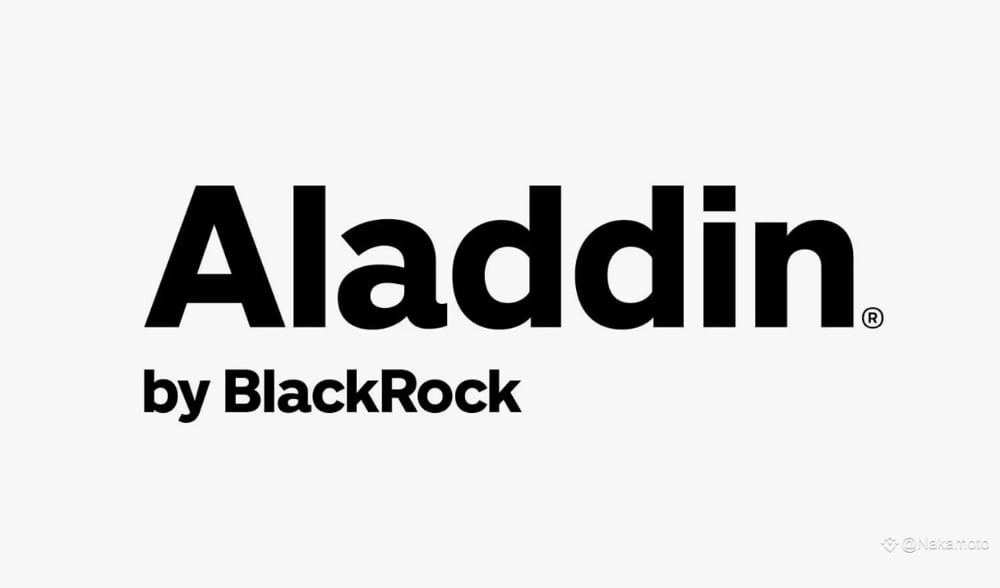

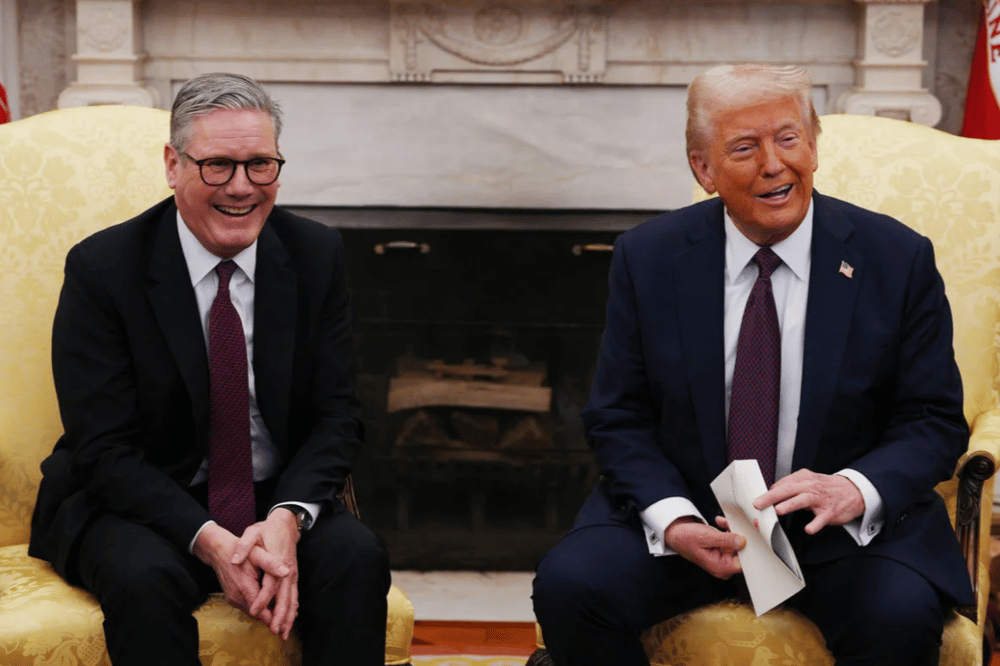


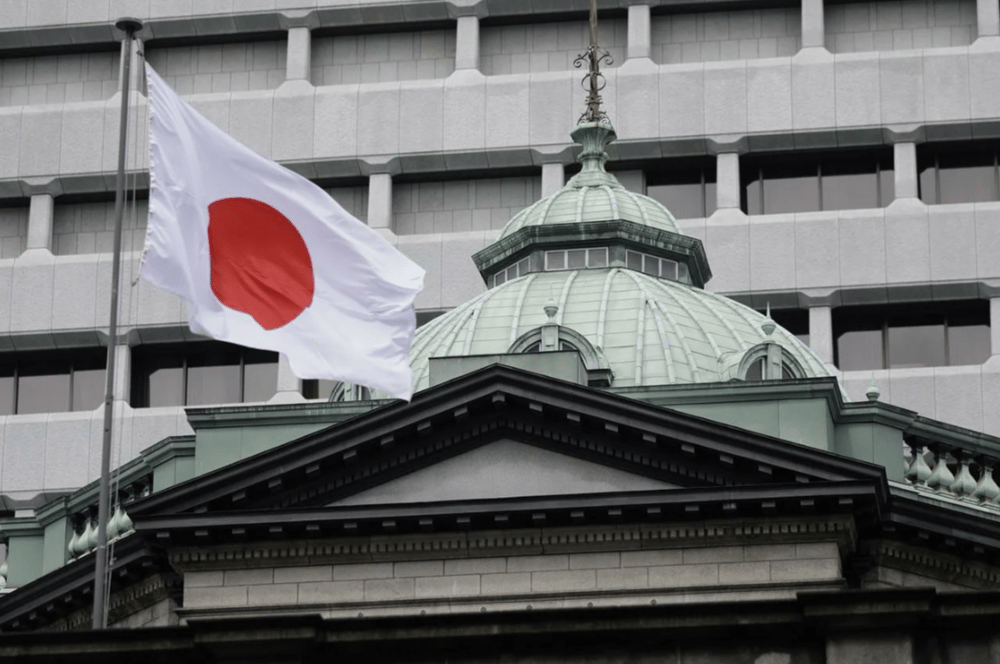




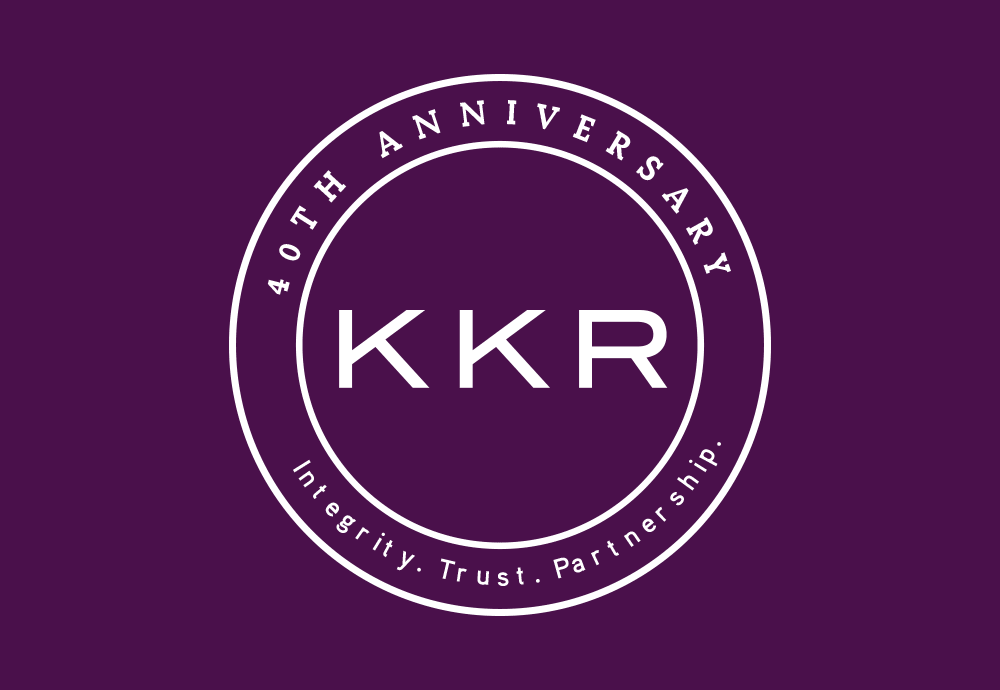
Comments